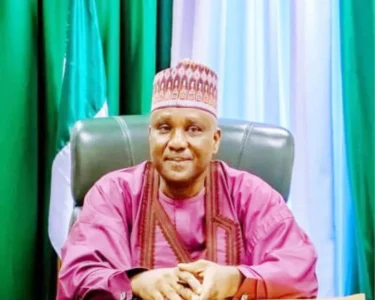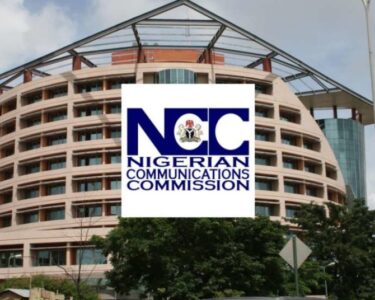As the federal and state governments intensify efforts to enhance education through e-learning platforms, the challenges hindering the effectiveness of e-learning in Nigeria remain significant. Despite the increasing adoption of digital tools for education, issues such as poor infrastructure, slow internet access, erratic power supply, and high data costs continue to undermine the success of e-learning in the country.
The COVID-19 pandemic highlighted the critical role of technology in education, leading to the rapid shift toward digital learning platforms globally. In Nigeria, the Federal Ministry of Education launched a free e-learning website, inspire.education.gov.ng, which aims to facilitate access to education for all Nigerians. The platform can accommodate up to two million users at a time, demonstrating the government’s commitment to expanding access to education. Furthermore, the Federal Executive Council (FEC) recently approved N964 million for the provision of satellite-based education systems in primary schools across the country, signaling a major push for digital learning.
In addition to federal initiatives, states like Kaduna and Lagos have introduced their own e-learning platforms, including the “Nigeria Learning Passport.” Despite these efforts, Pulse Wire‘s findings highlight the persistent issues hampering e-learning in Nigeria.
Infrastructure and Connectivity
A significant challenge to e-learning in Nigeria is the state of infrastructure. Poor roads, inadequate technology, and low-quality network coverage continue to limit the effectiveness of digital education. In rural areas, many students still rely on outdated 2G networks, which are incompatible with the high-speed internet required for efficient virtual learning. This digital divide exacerbates the challenges faced by students in less developed regions.
Furthermore, mobile broadband penetration in Nigeria is still below the global average, with only 40 percent penetration compared to 56 percent globally. This limits access to the internet, with many students unable to afford the high cost of data plans. Nigeria ranks 43rd globally for the highest cost of internet data, making it even more difficult for students to engage in online learning.
Erratic Power Supply
Another major issue is the unreliable power supply. For e-learning to function seamlessly, a stable power source is essential. However, frequent power outages and unstable electricity supply in many parts of Nigeria make it difficult for students to keep their devices charged and for educational institutions to maintain an uninterrupted digital learning environment. The lack of dependable power hinders the use of wireless internet connections that are supposed to be available in schools, and this is a major barrier to achieving the full potential of e-learning in the country.
E-Learning in Nigerian Universities
The effectiveness of e-learning is also a concern in Nigeria’s public universities. Failure to invest in the necessary infrastructure, coupled with inadequate training for lecturers and staff, has resulted in e-learning systems that are poorly implemented. Additionally, many students in public universities cannot afford the devices needed for online learning, further limiting the impact of digital education.
In contrast, private universities tend to have better access to modern technology, infrastructure, and teaching equipment, making it easier for them to transition to online learning. Public universities, however, face significant challenges, including underfunding and a lack of flexibility in governance and administration to quickly adapt to e-learning requirements.
Training and Data Cost
While digital tools can improve the learning experience, the lack of proper training for teachers and students remains an obstacle. According to Prof. Peter Okebukola, chairman of the Governing Council of the National Open University of Nigeria (NOUN), the readiness of students and teachers to embrace technology is crucial for the success of e-learning. In Nigeria, only 60 percent of students and 40 percent of teachers are ready to engage with e-learning platforms, highlighting the gap in digital literacy.
The high cost of data further exacerbates the situation. Stakeholders have called for subsidies to reduce the cost of internet access for students and academic staff. This would help make e-learning more affordable and accessible to a broader range of people.
The Way Forward
For e-learning to succeed in Nigeria, a multifaceted approach is needed. The government must invest in robust infrastructure, including reliable power supply and high-speed internet. Telecommunications companies must expand their network coverage to ensure that both urban and rural areas have stable internet access. Furthermore, efforts should be made to reduce the cost of data, particularly for students and educational institutions.
Ultimately, the success of e-learning in Nigeria depends on a concerted effort from all stakeholders, including the government, telecommunications companies, and education providers. Only by addressing these challenges can Nigeria create an environment where digital learning can thrive and contribute to the development of a knowledge-driven economy.




